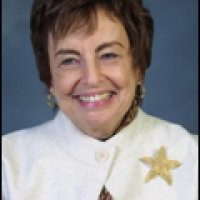The Class of ’74: Congress After Watergate and the Roots of Partisanship
Scholars often dismiss the so-called “Watergate Babies” – the large group of Democrats elected to the House of Representatives in the aftermath of the scandal that drive Richard Nixon from the presidency – as having had little respect for the institution of Congress or its leaders. Based on unprecedented interviews and original research, The Class of ’74: Congress After Watergate and the Roots of Partisanship creates a far more nuanced portrait of the Class’ impact, noting the reforms they helped implement, and how these efforts to modernize the Congress combined with a changing political environment to lay the groundwork for today’s highly partisan atmosphere.
John A. Lawrence spent 38 years as a senior congressional staff member, the last eight as chief of staff to Speaker Nancy Pelosi. He has an A.B. from Oberlin College, and a Ph.D. in history from Berkeley, and since 2013, has been a visiting professor at the University of California’s Washington Center. He blogs on national politics and Congress at DOMEocracy, speaks widely on current political issues and trends, and has published in the New York Times, Politico Magazine and The Atlantic.
The Washington History Seminar is co-chaired by Eric Arnesen (George Washington University) and Philippa Strum (Woodrow Wilson Center) and is sponsored jointly by the National History Center of the American Historical Association and the Wilson Center's History and Public Policy Program. It meets weekly during the academic year. The seminar thanks the Society for Historians of American Foreign Relations and the George Washington University History Department for their support.
Speaker
Moderators

Professor of History, The George Washington University. Director, National History Center of the American Historical Association.

Former Director, Division of United States Studies, Woodrow Wilson Center
Hosted By

History and Public Policy Program
A leader in making key foreign policy records accessible and fostering informed scholarship, analysis, and discussion on international affairs, past and present. Read more
